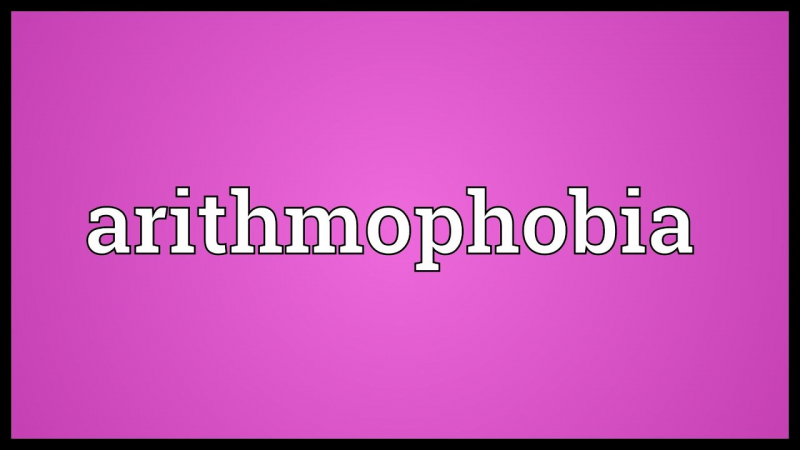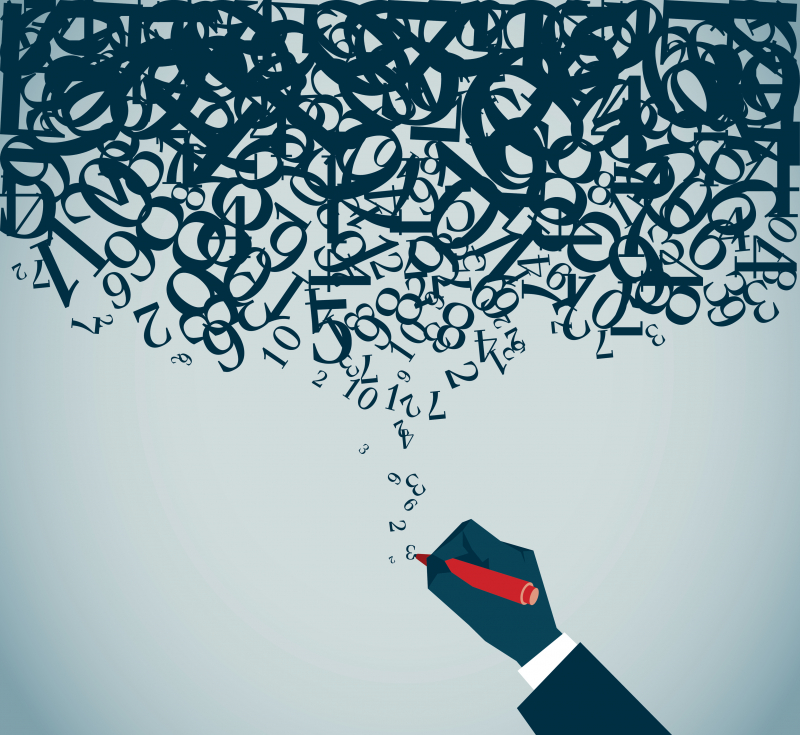Arithmophobia

Arithmophobia is a severe aversion to numbers. People may be terrified of all numbers or merely a subset of them. Arithmophobia is also known as numerophobia. Arithmophobia is not a disease included in the Diagnostic and Statistical Manual of Mental Disorders published by the American Psychiatric Association (DSM-5). However, some individuals still regard it as a distinct fear. People who fear numbers, like those who have other specialized phobias, are typically aware that their fear is unjustified. Even yet, some people may struggle to control or manage their arithmophobia symptoms.
There isn't always an obvious reason of arithmophobia. The following factors may lead to the development of arithmophobia:
- Genetics, with the risk increasing if you have an anxious parent or other family member.
- Other mental health illnesses include generalized anxiety disorder and depression (GAD).
- Negative numbers-related traumas or traumata, such as being reprimanded or harassed for not performing well in arithmetic class.
The primary symptom of arithmophobia is intense anxiety when confronted with numbers. People may become anxious when they think about any number, or the dread may be associated with only a few numbers. Your healthcare provider may ask you questions to determine if you have a phobia of numbers. Sometimes, physical symptoms may relate to a different mental health condition.
Exposure therapy is frequently used as the initial treatment. Most persons who use exposure treatment as instructed find a reduction in their symptoms. The process of gradually dealing with a specific phobia is known as exposure treatment. You may visualize yourself performing numerical activities, gradually progressing to performing the tasks in real life. Speaking with a therapist is part of cognitive behavioral therapy (CBT). You learn to recognize which of your thoughts are harmful or false. CBT teaches you how to retrain your brain to think in sensible ways.
















